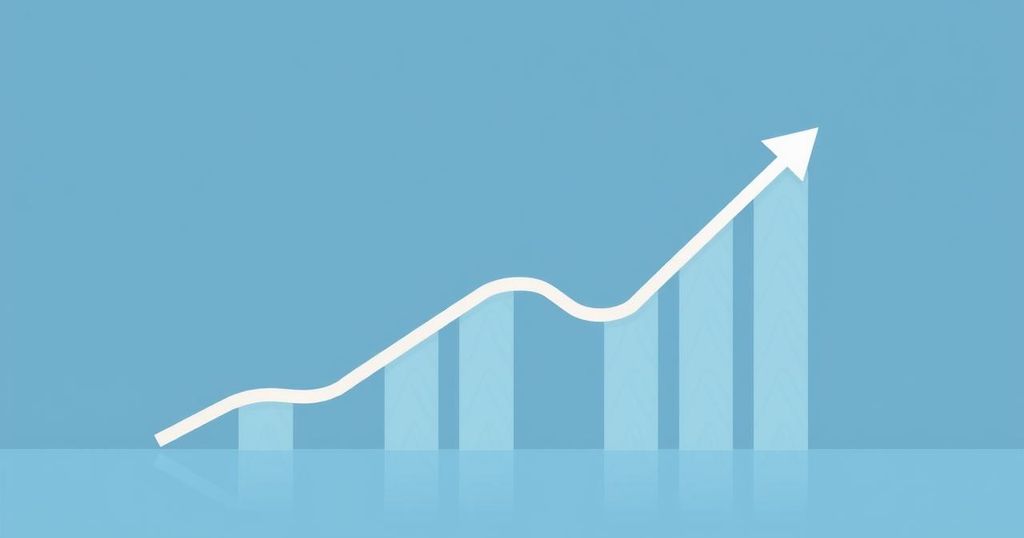South African Inflation Forecast Declines in Recent Survey
The average inflation forecast for South Africa in 2025 has decreased to 4.3%, below the central bank’s target of 4.5%. The current inflation rate stands at 3.2%. Economists predict a pause in rate cuts by the Reserve Bank. Economic growth expectations are low, coupled with political tensions regarding the upcoming budget.
The Bureau for Economic Research (BER) has reported a decrease in the average inflation forecast for 2025 in its recent survey, which is commissioned by the South African Reserve Bank. The anticipated inflation rate is now projected at 4.3%, a decline from the previous figure of 4.5%. This value is below the central bank’s target of 4.5%, which is the midpoint of the 3%-6% inflation target range.
In January, the headline consumer inflation rate rose to 3.2% year on year, which is the most recent month for which data is available. The forthcoming February inflation data is expected to reflect a similar rate of approximately 3.2%. However, economists surveyed by Reuters anticipate that the central bank will refrain from further rate cuts during its upcoming meeting on Thursday.
The South African Reserve Bank is recognized for its meticulous monetary policy approach, with its governor recently highlighting concerns regarding global trade tensions and potential local value-added tax (VAT) increases. Meanwhile, the inflation forecast for 2026 remains unchanged at 4.6%, as per the BER survey, with analysts being the most optimistic group, expecting inflation to be 3.9% in the current year and 4.3% in the next.
The average economic growth forecast among survey respondents stands at 1.2% for 2025, which is significantly lower than the government’s projection of 1.9% growth outlined in last week’s budget. The budget faces challenges as South Africa’s coalition government encounters political resistance, with various parties opposing it due to contentious proposals for raising VAT.
In conclusion, the average inflation forecast for South Africa has declined, indicating economic concerns. The South African Reserve Bank remains committed to its inflation target while navigating external risks. Analysts exhibit optimism for reduced inflation rates in the coming years, yet the overall economic growth expectations point to challenges against government projections. The ongoing budgetary disputes underscore the political complexities affecting economic policies.
Original Source: www.zawya.com




Post Comment